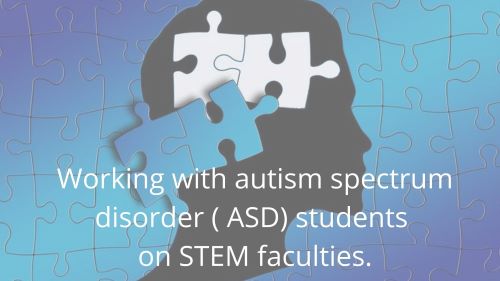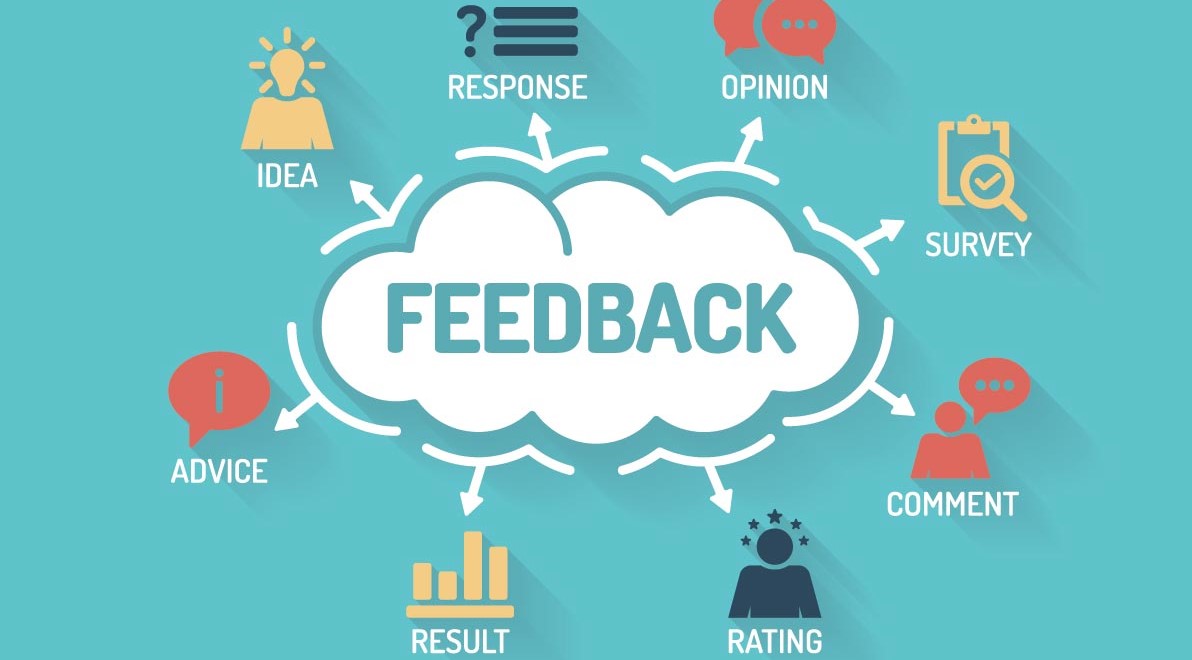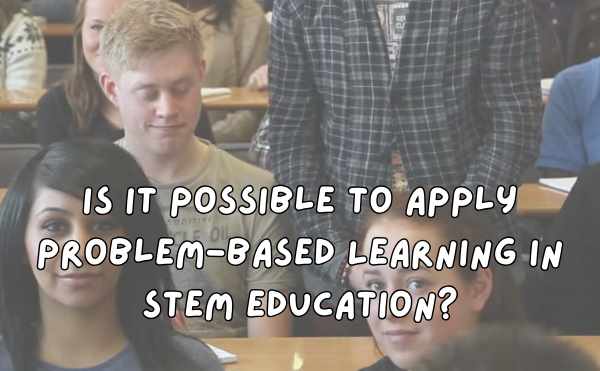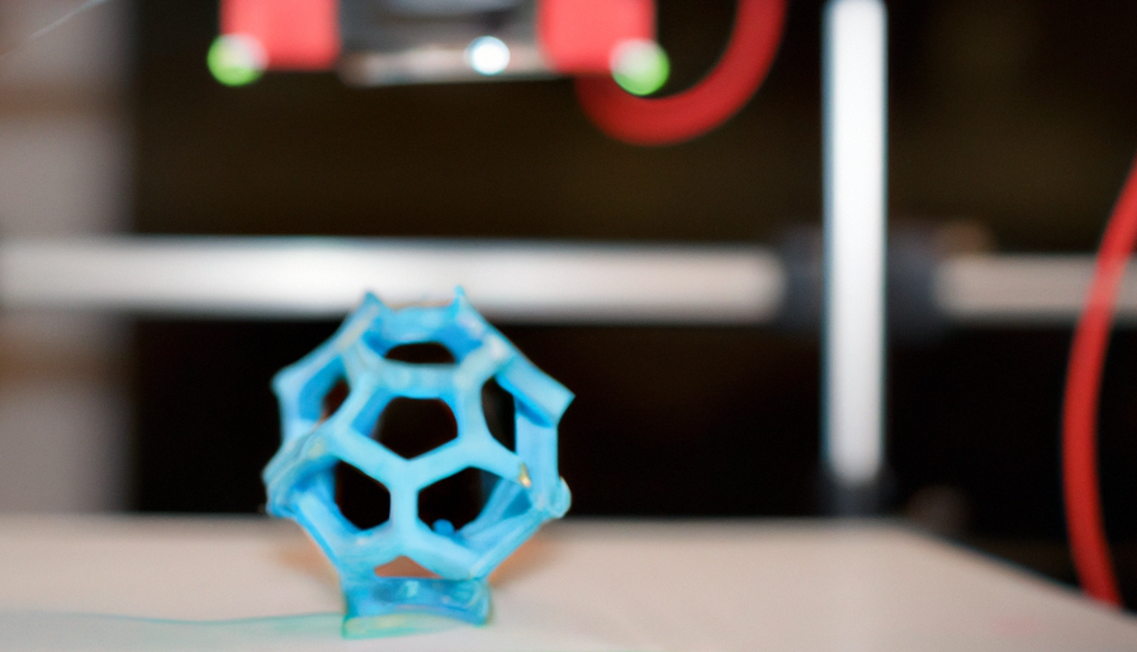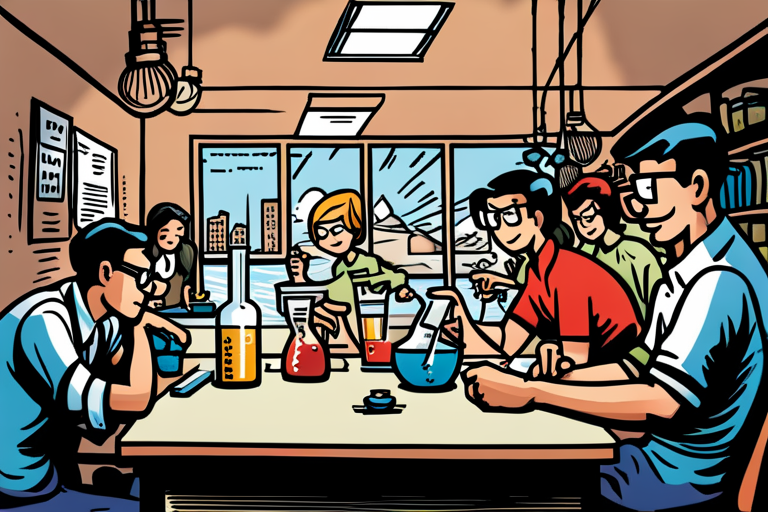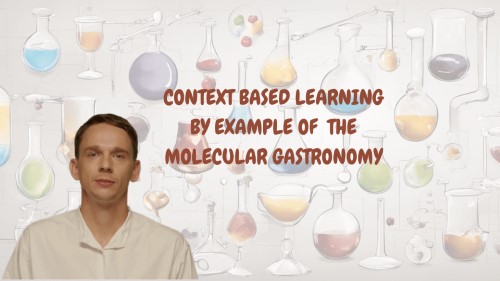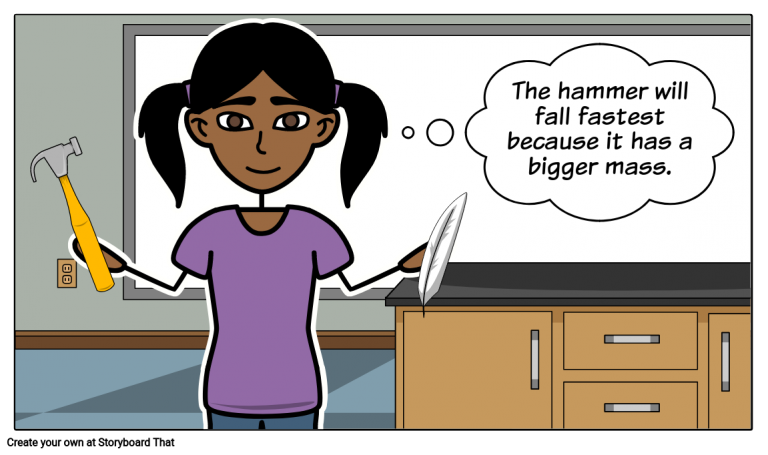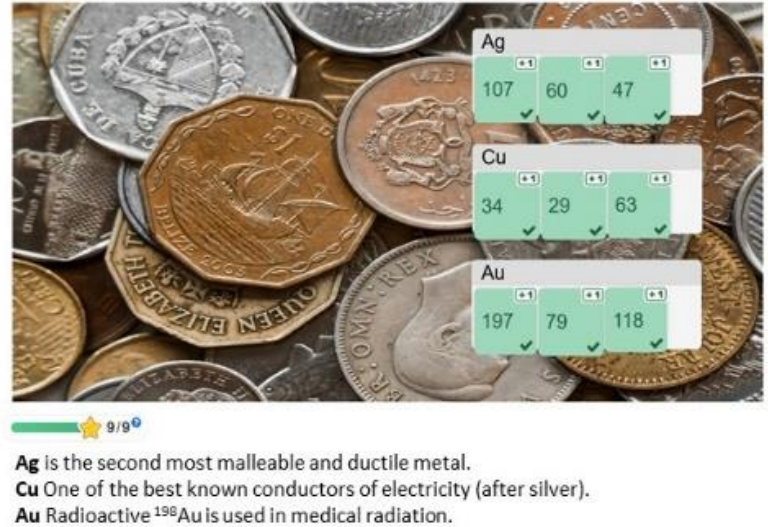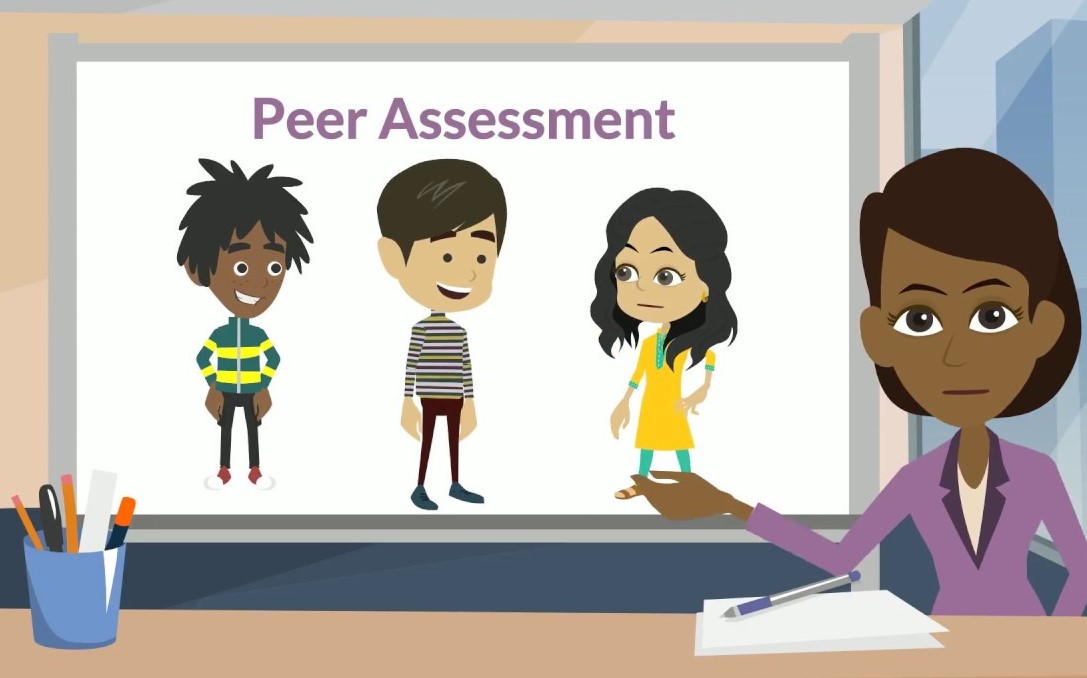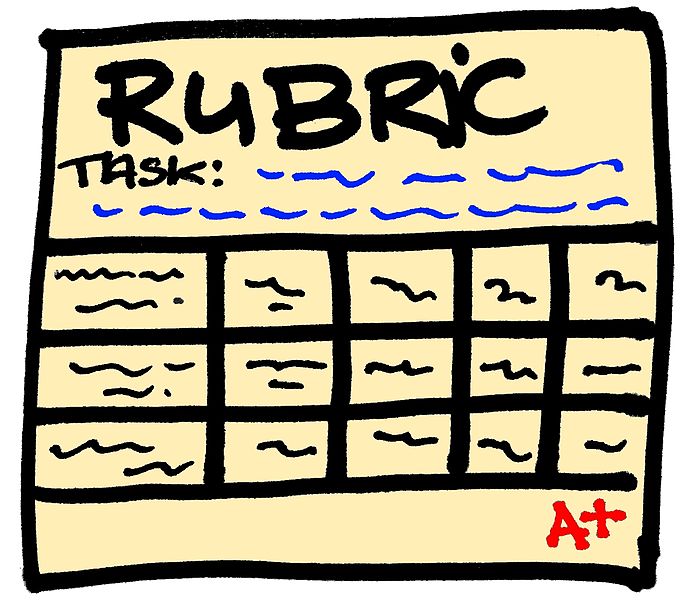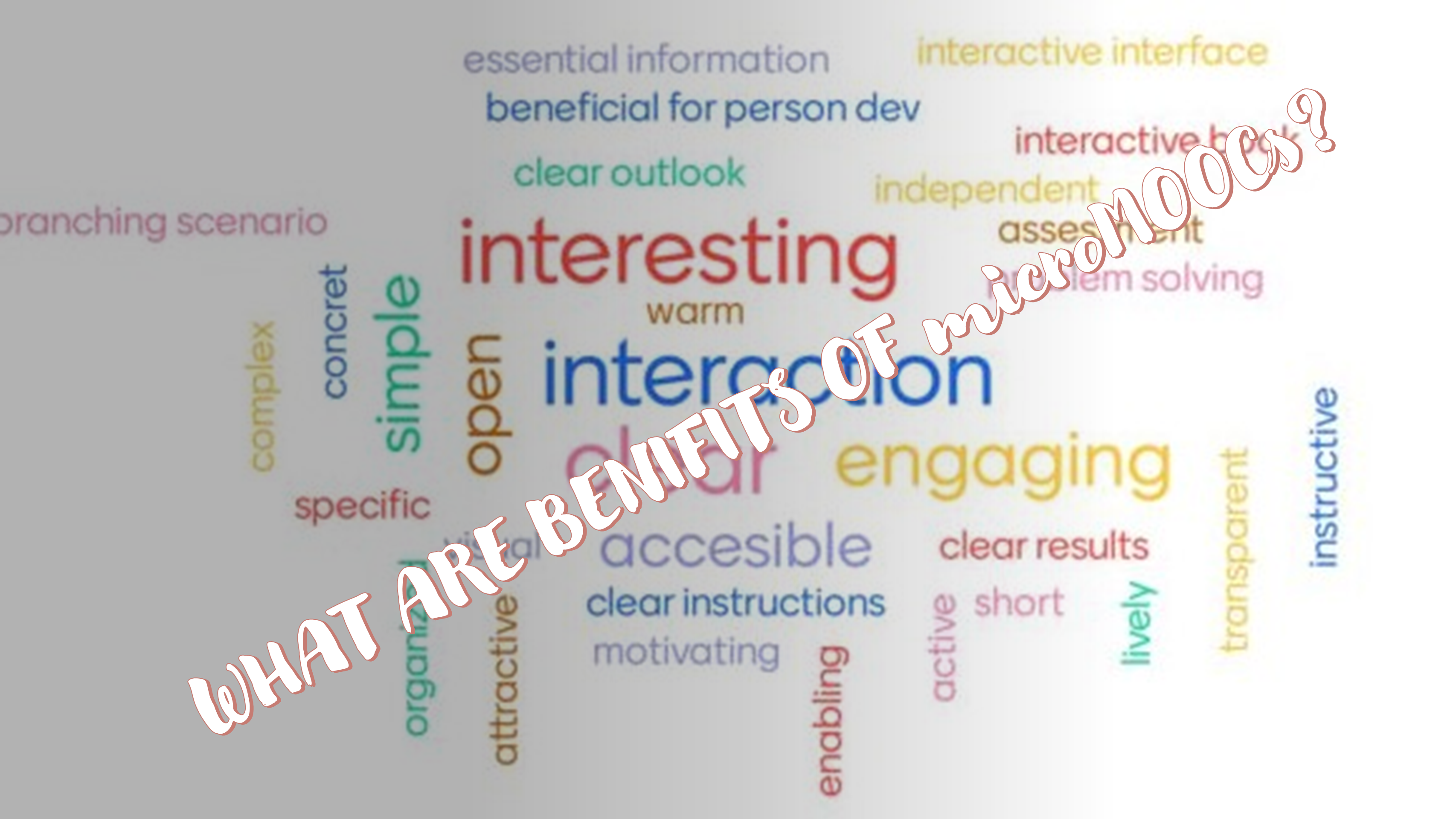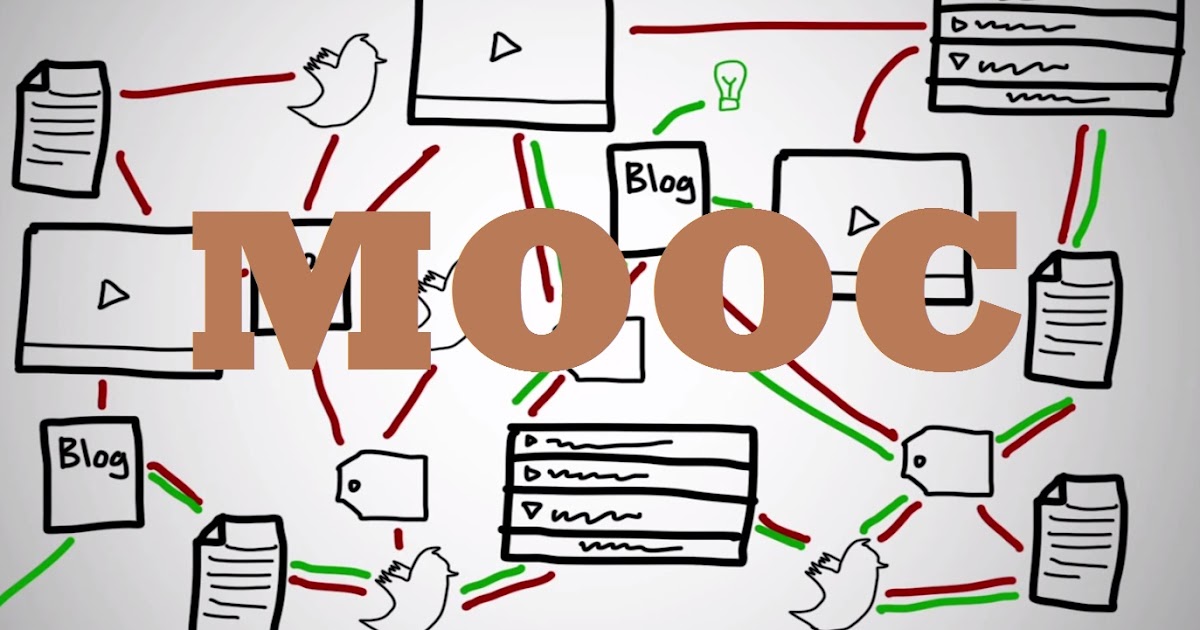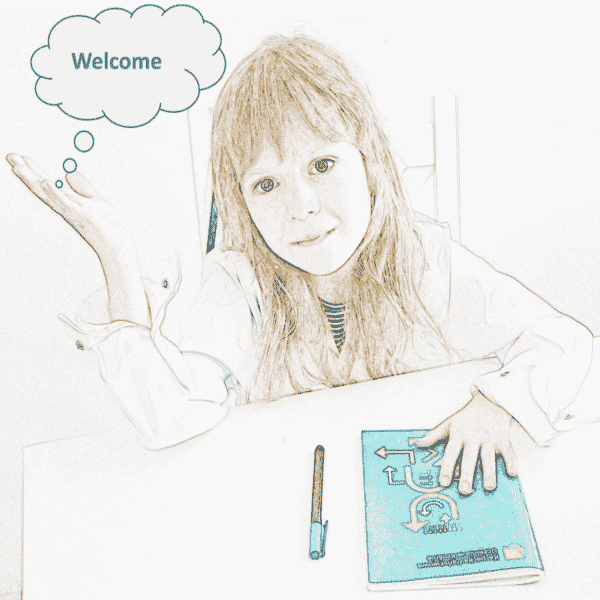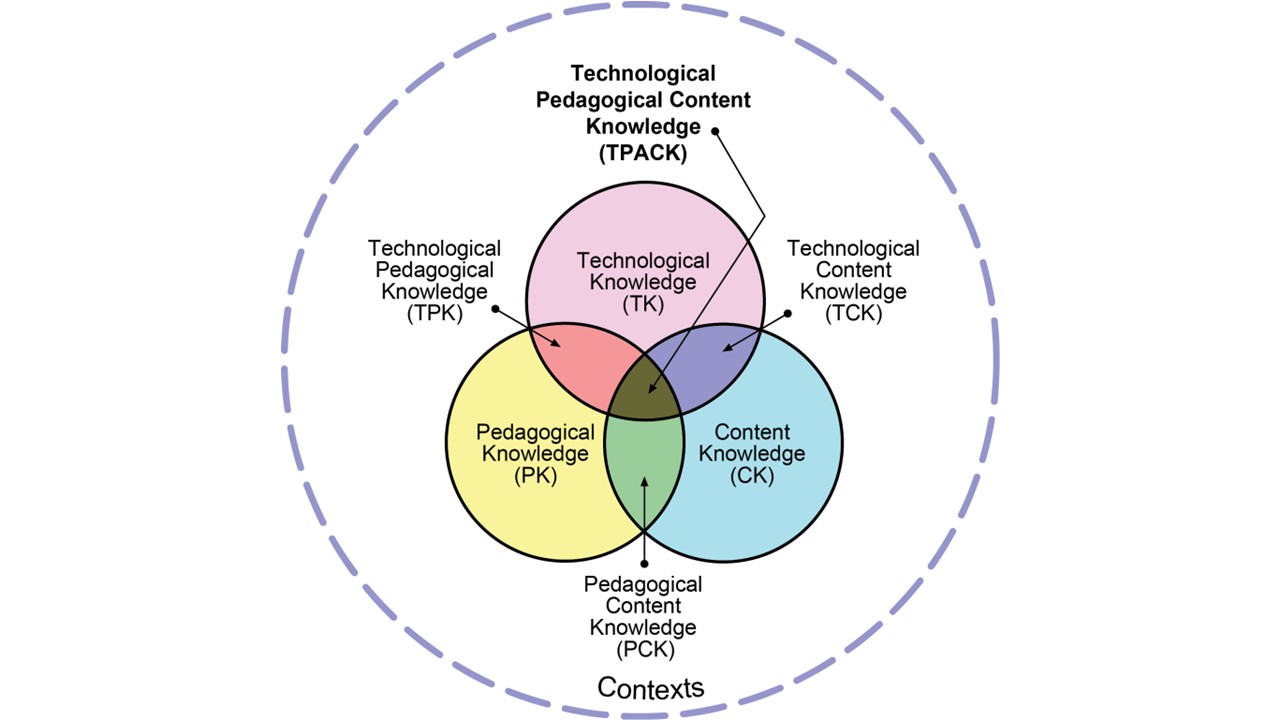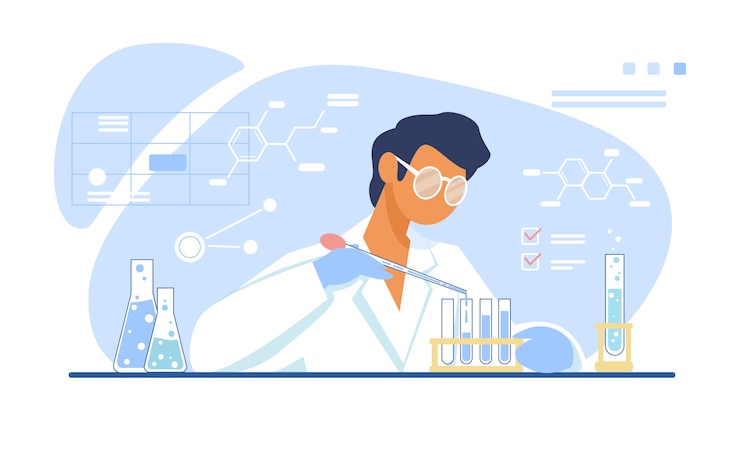Catalogue of the STEM-CPD micromoocs
ECTNMOOC.EU is a website that offers a series of short, open online modules designed
to enhance STEM-CPD (Continuing Professional Development) for educators. These modules
cover a variety of topics, including lab safety, rubrics for assessing lab work, and
effective use of digital tools for teaching and learning (TPACK). The modules follow a
microMOOC format, with a solid active learning course design that focuses on a single
teaching/learning concept and takes about a couple of hours per student. They consist
of engaging, media-rich reading material, short video clips, and assignments. The
online modules are designed with an active learning approach and a constructivist
orientation using the ADDIE developmental model.
P1-1 Constructive alignment
Contextualize each course within the broader framework of the study program. Clearly define the intended learning outcomes for each course. Select assessment methods that align with the course objectives and learning outcomes. Address and adapt to the diverse prior knowledge levels of students to promote inclusive and effective learning.
Quality Assessment
Table of Specification
Constructive Alignment
Instrument for Quality Assessment
In this course you will learn about assessment and how Table of specification can support it.
Constructive alignment - Aug 21 2023 - Jan 1 2027
Communication
Bridging gaps
Bridging Pre-Knowledge Gaps
In this course, lecturers will explore whether pre-knowledge gaps occur in their course and what they are. Also, the course provides lecturers with possible solutions to deal with these gaps.
Constructive alignment - Jan 1 2023 - Jan 1 2027
ILOs
Learning Proces
Understanding of What We Learn
Creating Effective Intended Learning Outcomes
Constructive alignment - Aug 23 2023 - Jan 1 2027
P1-2 Pedagogy, Interactive teaching
The design of interactive lectures, the design of active learning classes
P1-2a Competence teaching
Provide prompt and constructive feedback to facilitate student learning. Assist students in developing social skills and foster a supportive social environment. Adapt teaching methods for large student groups, ensuring engagement and participation. Tailor instruction for small group settings, focusing on group dynamics and collaborative learning.
STEM educators
ASD support
HE strategies
Working with autism spectrum disorder (ASD) students on STEM faculties
Enhance STEM educators' skills in supporting ASD students. Learn ASD characteristics, address challenges, and strategize for higher education.
Competence teaching - Aug 15 2023 - Jan 1 2027
Soft-skills
Communication
STEM
Communication between students and scientists
This course aims to improve the communication skills of university teachers in STEM education.
Competence teaching - Feb 13 2023 - Jan 1 2027
Feedback
Assessment
Motivation
Assessment for learning - providing feedback
This course is intended to improve STEM teachers' ability to provide feedback that supports students learning.
Competence teaching - Apr 16 2023 - Jan 1 2027
P1-2b Competence design interactive teaching
Develop lectures that are interactive, engaging students through dynamic presentations and participatory activities. Create active learning classes that focus on hands-on experiences, collaborative projects, and real-world problem-solving to facilitate deeper understanding and retention of course material.
P1-3 Pedagogy, Learning facilitation
P1-3a Problem solving
Implement a design-centric approach to teaching, which includes organizing problem-solving sessions that encourage creative and analytical thinking. Utilize design thinking methodologies to foster innovative and user-centric solutions. Employ research-based teaching methods to ensure evidence-backed educational practices. Integrate project-based teaching methods to promote hands-on learning and real-world application of knowledge.
MOODLE
problem-based learning
project-based learning
Facilitating project-based and problem-based learning with the use of Moodle
This course is about Project-based and Problem-based learning, how it can benefit both you and your students.
Problem Solving - Jun 1 2023 - Jan 1 2027
Problem Based Learning
Implementation Guidelines
Is it possible to apply Problem-Based Learning in STEM education?
Explore PBL basics in this mMOOC, get guidelines for classroom use, and dive deeper with suggested readings.
Problem Solving - Aug 23 2023 - Jan 1 2027
P1-3b Engagement and motivation, facilitation discipline specific learning
Focus on fostering student engagement and motivation through interactive and dynamic teaching methods. Facilitate discipline-specific learning by designing laboratory courses that incorporate practical, hands-on experiences. Teach laboratory safety comprehensively, utilizing digital tools and platforms to provide immersive and interactive learning opportunities.
3D Printing
Molecules
STEM
3D Printing of Molecular Models
Revolutionize STEM education with our comprehensive 3D printing course, enhancing learning through hands-on molecular modelling & overcoming barriers.
Engagement and motivation - May 2 2023 - Jan 1 2027
Misconceptions
Demystifying concepts
Real-world chemistry
An alternative view: Exemplification of chemical concepts with a language close to the students
This CPD course empowers university teachers to simplify complex chemistry concepts using everyday language, relatable examples, and engaging visuals, enhancing student understanding.
Engagement and motivation - Aug 4 2023 - Jan 1 2027
Molecular Gastronomy
Context-Based Learning
Pedagogical Techniques
Context Based Learning by Example of the Molecular Gastronomy
Dive into Context-Based Learning through Molecular Gastronomy! Uncover the blend of theory & practice, design innovative lessons, and assess teaching methods.
Engagement and motivation - Aug 28 2023 - Jan 1 2027
Green Chemistry
Laboratory Teaching
STEM
Teaching and Learning (about) Green Chemistry
STEM teachers expand on Green Chemistry basics, integrate it in class, assess & enhance eco-friendliness, & share lab ideas.
Engagement and motivation - Aug 31 2023 - Jan 1 2027
P1-3c Deep learning
Promote deep learning by adopting a holistic teaching approach that integrates social and artistic perspectives into the understanding of complex chemical concepts. Focus on identifying and rectifying misconceptions to reinforce accurate knowledge. Encourage the development of critical thinking skills among students. Stimulate engaging discussions to deepen comprehension and analytical abilities.
Misconception
Communication
How to elicit misconceptions
In this course, we will learn how to expose misconceptions in STEM classes at High education institutions.
Deep learning - Feb 19 2023 - Jan 1 2027
Alternative Conception
Creative Teaching
GenAI
Guiding Students in Critical and Creative Thinking
In this course, you will learn about how to guide students to reach a scientific conceptual understanding.
Deep learning - Aug 31 2023 - Jan 1 2027
P1-3d Organize peer-feedback, collaborative learning
Facilitate the organization of peer-feedback sessions, encouraging students to constructively review and critique each other’s work. Promote collaborative learning environments where students can work together on projects and assignments, sharing knowledge and skills to enhance mutual understanding and academic growth.
Assessment
H5P
self-evaluation
How to design innovative on-line continuous self-evaluation tests
In this microMOOC, we intend to provide insights into how to design and create stimulating self-evaluation tests.
Collaborative learning - Feb 13 2023 - Jan 1 2027
Peer assessments
Student learning
Rubric creation
Better evaluation with students’ peer assessment
Discover how peer assessments can enhance student learning and improve communication, collaboration, and writing skills. Learn to implement and create rubrics.
Collaborative learning - Feb 25 2023 - Jan 1 2027
Assessment
Rubrics
P2P
Rubrics for students’ peer assessment
This course describes Rubrics as a tool for peer assessment. Participants will learn to prepare rubrics for P2P assessment
Collaborative learning - Feb 19 2023 - Jan 1 2027
P1-4 Technology in facilitative teaching
P1-4a Use of digital tools for a pedagogical goal
Develop and implement online examinations, utilizing digital platforms that ensure integrity and assess student comprehension effectively. Incorporate interactive online boards in both teaching and learning processes to facilitate dynamic and engaging instruction. Employ interactive voting systems during lectures to stimulate critical thinking and deepen understanding of concepts, such as those in chemistry. Utilize advanced tools powered by artificial intelligence to provide tailored support in students’ learning journeys. Create and produce concise, yet comprehensive MOOCs (Massive Open Online Courses) to offer accessible and flexible learning opportunities.
microMOOC
online course
Open edX
How to Create a microMOOC Course?
In this course, you will learn how to develop a microMOOC: from the idea to the definition of the ILOs and the development of the content to the final product.
Digital tools - Feb 25 2023 - Jan 1 2027
microMOOCs
Open edX
Studio
Learn to create engaging online courses using the Open edX platform. Develop your skills in course creation, content design, and assessment. Join now!
Digital tools - Mar 10 2023 - May 10 2027
3D Printing
Creativity
TPACK
3D Printing for STEM Educators
3D printing in higher education can revolutionize learning, but training, resource & time constraints hinder adoption. This MicroMOOC solve this.
Digital tools - Mar 25 2023 - Jan 1 2027
Assessment
Large-classes
Continuous online assessment for large classes
This course is designed for teachers of STEM subjects who work in higher education institutions
Digital tools - Jan 1 2025 - Jan 1 2027
Creative Thinking
Artifical Intelligence
Chatbots
Guiding students to create their own answers instead of using chatbots
In today's digital era, students often turn to chatbots for quick answers. Yet, real learning demands deeper engagement and critical thinking.
Digital tools - Aug 25 2023 - Jan 1 2027
Flipped Classroom
Active-Learning
Higher Education
Mastering the Flipped Classroom: The Power of the Guide on the Side
In this course, you will learn about the flipped classroom instructional approach.
Digital tools - Mar 22 2023 - Jan 1 2027
P1-4b Blended learning
Implement a blended learning strategy that combines traditional classroom methods with digital tools, especially in laboratory courses. This approach should integrate online resources and interactive technologies to enhance hands-on lab experiences, thereby enriching the learning process and accommodating diverse learning styles."
laboratory notebook
good laboratory practice
documentation skills
Personalizing the Laboratory Notebook: Maximizing Learning Outcomes
Design notebooks that promote student success and create a seamless experience.
Blended learning - Aug 31 2023 - Jan 1 2027
TPACK
Quality teaching
Effective teaching
TPACK, a framework for lecturer’s knowledge
In this course, you will learn about the TPACK instructional approach.
Blended learning - Aug 30 2023 - Jan 1 2027
Laboratory Education
Pre-assignment Design
Student Engagement
Pre-assignments to enhance student's learning in the laboratory
Enhance lab learning with our course on designing effective pre-assignments for educators.
Blended learning - Aug 30 2023 - Jan 1 2027




